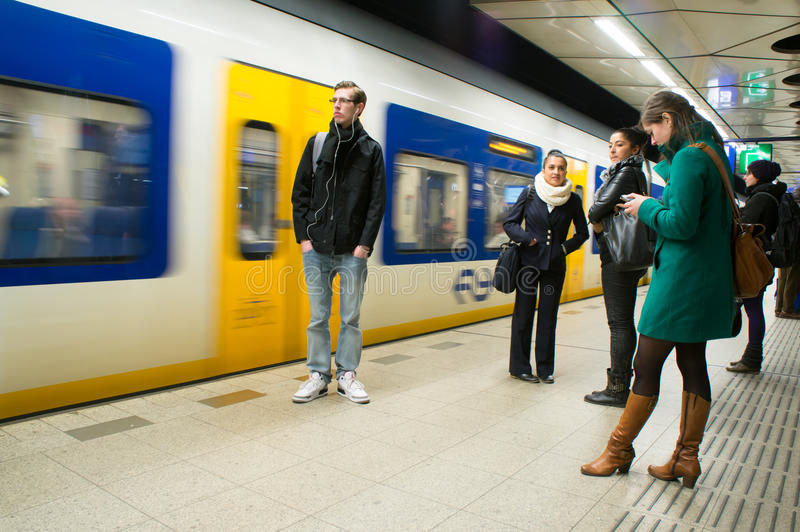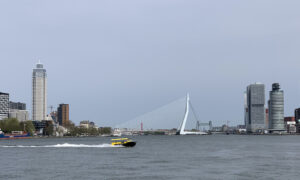If you depend on Nederlandse Spoorwegen, the Netherlands’s national rail service, better start looking at other options as rail strikes continue across the Netherlands. These strikes could impact Schiphol Airport, one of the busiest in Europe. But just how disruptive the strikes will be for travelers trying to get to international flights is unclear, according to NS officials.
What we do know is that transport and trade unions FNV Spoor, VVMC and CNV have announced strikes for Friday, 9 September.
“Looking at all options and the experiences of the previous strike days, we see no possibility to drive a timetable in a responsible, reliable and safe manner. This means that unfortunately no NS trains can run in the Netherlands all day on Friday 9 September.,” according to the NS release.
NS officials made a new offer to the trade unions on 6 September and invited them to resume negotiations, according to the release, which the unions accepted. But the trade unions have also announced strikes for Tuesday 13 and Thursday 15 September.
Service disruptions both those days will be extensive, the NS has warned: “We advise you to postpone your trip or to arrange replacement transport yourself. No alternative bus transport can be used.”
You can see updates on the NS website here, and the official release recommends downloading their app.
Unions are demanding a 100 euro pay raise across-the-board and a minimum wage of 14 euros per hour, according to media reports. Saying ridership was down during the pandemic, NS officials say they’re not prepared to offer more than an 8-percent pay increase over two-and-a-half years.
NS officials have countered with an offer to increase wages by 5 percent retroactively from 1 July, along with a one-time payment of 650 euros, according to the NL Times. An additional 2.5 percent pay raise would start on 1 January. NS officials also offered to start negotiations about building cost-of-living increases into contracts.
Strikes by public transport workers are a fairly regular occurrence and have to be okayed by Dutch courts. This is the second nationwide strike since 2019, and bus drivers in particular go on strike regularly to protest wages and the fact they have to drive for hours without a break.
Labor shortage in the Netherlands
The Dutch rail service also is hamstrung by labor shortages, which have led to reductions in service.
Due to a shortage of personnel, fewer trains have been running on a number of routes for some time, according to information on the NS website:
Like many other companies and sectors, NS is experiencing the consequences of the tight labor market. That is why we will be making a number of important structural adjustments to the timetable for this autumn from Monday 5 September. This way we avoid nasty surprises.
The most important changes as of 5 September are:
• on weekdays, the Intercity trains run every 15 minutes instead of every 10 minutes.
• starting at 8 p.m., there will be fewer trains rather than from 10 p.m. previously.
• on weekends, Intercity and Sprinters go to every half hour rather than every 15 minutes now.
Co-CEO of Dispatches Europe. A former military reporter, I'm a serial expat who has lived in France, Turkey, Germany and the Netherlands.















